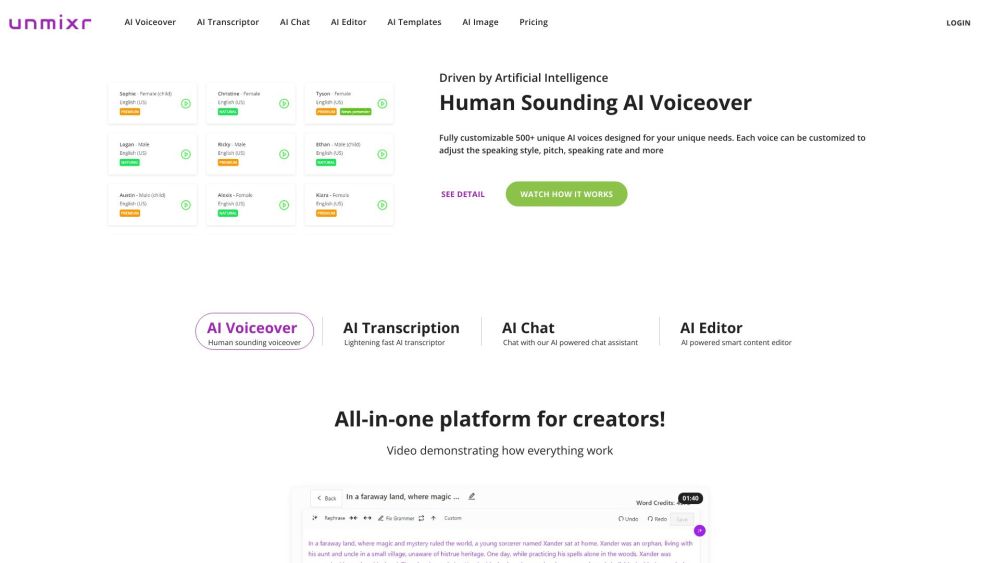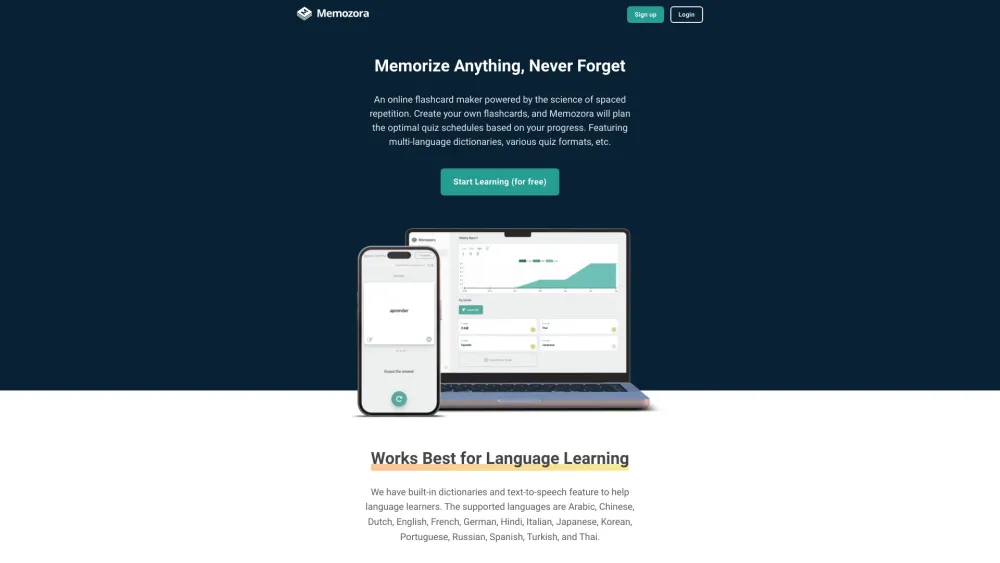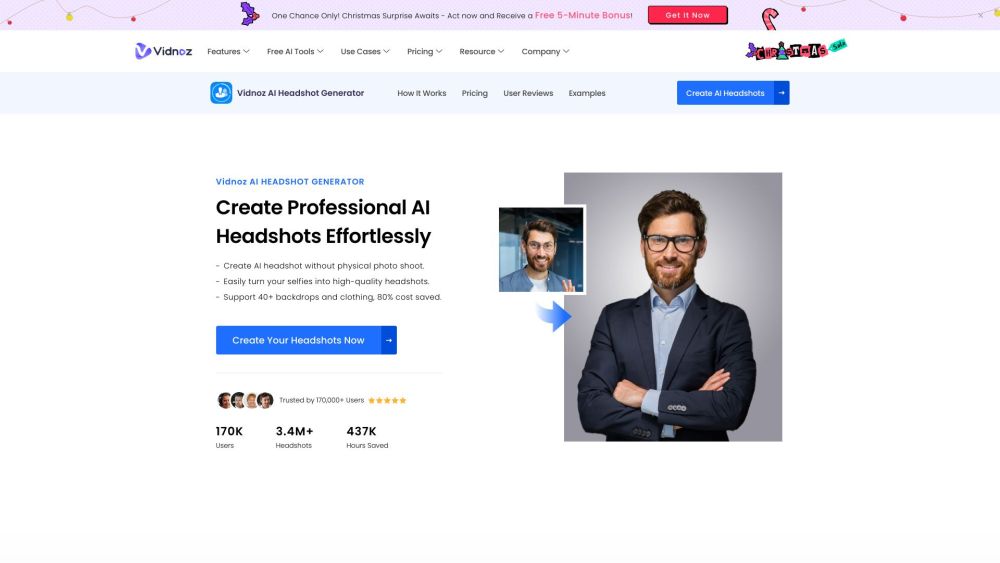When meetings are unproductive, they can severely hinder productivity, employee engagement, and overall business performance. However, when meetings are effective, they can significantly enhance collaboration and drive results. According to Calendly’s inaugural State of Scheduling Report, a remarkable 94% of employees believe that AI and automated scheduling could greatly improve their mission-critical meetings, states Stephen Hsu, CPO of Calendly.
“By eliminating complex technologies and tedious administrative tasks, meetings can foster genuine connections and boost team productivity,” Hsu explains.
This study, which surveyed 1,200 professionals in the U.S. and U.K. on scheduling, meetings, and time management, confirms that effective meetings are essential for success. Contrary to the belief that reducing meetings enhances productivity, the report reveals that 61% of respondents invest three to five or more hours weekly in meetings aligned with company goals, with 85% feeling productive on those days.
So, what’s behind the negativity surrounding meetings?
“The real frustration stems from unproductive meetings,” Hsu notes. “People resent the time spent navigating the meeting lifecycle—scheduling, creating agendas, taking notes, and managing follow-ups—because they prefer to allocate that time to strategic and ambitious tasks.”
AI presents a solution, streamlining manual coordination and enhancing the efficacy of team meetings. Approximately 30% of employees are optimistic that AI will allow them to concentrate on essential activities like professional development and mentoring.
Challenges in Meeting Management
The time spent managing meetings has become an ingrained yet costly behavior across organizations. Many employees are now accustomed to switching between multiple productivity tools, which consumes valuable time. For instance, 21% of sales and marketing professionals utilize at least three different tools to schedule meetings, resulting in 25% of all employees dedicating up to three to four hours weekly just for scheduling.
The consensus on AI’s impact suggests that boosting productivity and enabling action-oriented outcomes are key benefits. The report indicates that 32% of employees would focus on strategic planning and creative projects if AI freed up their time.
“Automating scheduling to facilitate effective meetings can enhance the bottom line,” Hsu asserts. “The true ROI of AI lies in optimizing the meeting experience, transforming it into an adaptable system that integrates necessary data and participants at any point in the workflow.”
AI-Driven Meeting Management
Unlike traditional workflow automation platforms such as Zapier or Salesforce Flow, which follow rigid, rules-based processes, AI can seamlessly access and utilize all systems without being constrained by predefined steps. It focuses on outcomes, engaging human input only when necessary, thereby dynamically adjusting to meet organizational needs.
AI-powered meetings are expected to significantly impact recruiting and sales sectors, according to Hsu. As the economy recovers, these industries view meetings as indicators of growth and potential. For recruitment, companies like Salesforce are starting to reintegrate positions, announcing plans to hire nearly 3,000 employees.
However, as recruitment efforts ramp up, HR professionals—46% of whom spend the equivalent of four weeks a year scheduling meetings—are constrained in their ability to source and onboard top talent.
Calendly data reveals that sales and marketing teams are also increasingly busy, scheduling 8.5% more meetings in September 2023 compared to the previous year. In a sales-driven environment, engaging with customers to demonstrate product value requires numerous meetings and coordination among various decision-makers.
The AI Meeting Platform's Future
Today, AI's role in meetings primarily involves assistance, such as transcription bots that provide insights after meetings. Hsu believes this model will evolve over the next few years.
“AI will increasingly facilitate the right connections at the right time, ensuring meetings are as effective and efficient as possible,” he explains. For instance, if a customer is already knowledgeable about a product, AI could bypass traditional discovery phases and directly arrange a demo with a sales engineer.
Opportunities Ahead
As the AI-powered meeting lifecycle evolves, there is significant potential for integration among existing platforms like Calendly, Otter, Gong, and Zoom. “Currently, no single entity owns the meeting experience,” Hsu explains. “There’s an opportunity to unify these tools into a cohesive platform, enhancing both user and customer experiences.”
To stand out in a competitive market, Hsu emphasizes that innovations must start with AI rather than simply adding it to existing functions. “Products should begin with an AI-first approach to create distinctive and meaningful user experiences.”
For Calendly, this means developing a comprehensive meeting lifecycle platform that maximizes meeting effectiveness through intelligent scheduling, preparation, engagement, and follow-up. By providing users with timely information, AI will optimize every meeting, delivering its true value.
“To achieve success in the AI-powered productivity space, companies must rethink their strategies,” Hsu concludes. “An AI-first product should anticipate user needs and deliver instant, insightful support.”
Explore Calendly’s State of Scheduling Report to learn more about the future of meetings and the role of AI in optimizing productivity.





